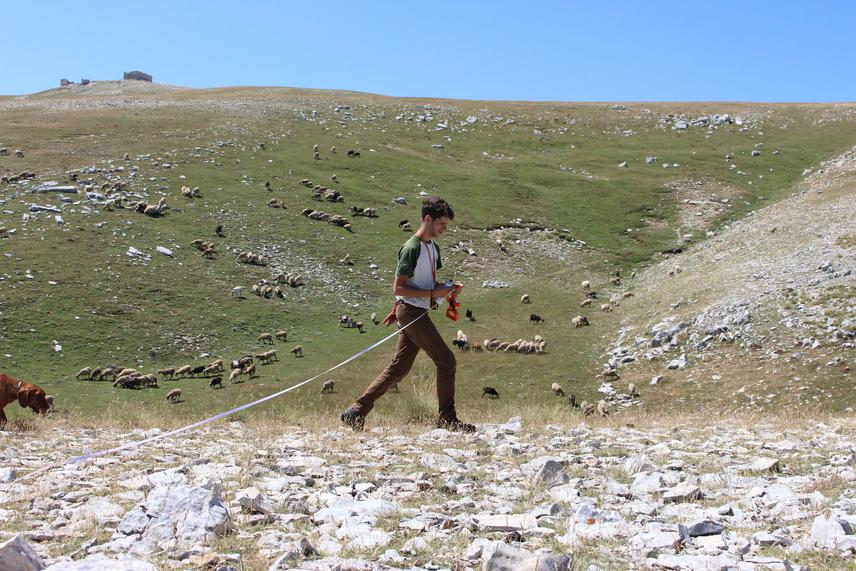Edvárd Mizsei
We will teach shepherds to reduce sheep mortality caused by snake bites, and raise awareness on sustainable land use to reduce overgrazing of the viper habitats.

Greek Meadow Vipers live in open, treeless subalpine-alpine meadow habitats on high mountains, where the habitat begins at 1600 m above sea level and extends upwards of 2200 m or until meadows are interrupted by rocky slopes and peaks. These sparse grassland areas are regularly used for extensive grazing of livestock (sheep and goats) between May and September, which is also the most active period of vipers. We will contact at least 30 local shepherds in person who use the viper habitats for grazing their and other farmers’ livestock in six different mountains in southern Albania. In addition, we plan to write, print and distribute 1000 booklets about the relevance and conservation of vipers and other natural values of the high-mountain habitats in about 100 settlements close to the habitats. The shepherds’ main problem with the vipers is sheep mortality caused by fatal snakebites (estimated at 1-4% of sheep/flock/year).
Our work will help shepherds and local stakeholders to prevent these snakebites, e.g. by informing them about areas where vipers are expected, to recognise bitten sheep and goats early enough to treat them and to cure bitten sheep and goats by veterinary medicines and tools to reduce sheep mortality. We will also raise awareness about the natural values, including reptiles, of their surroundings, which will hopefully lead to a more sustainable land use. Finally, we will collect data on grazing practices by quantifying grazing pressure and by interviewing shepherds about their local/indigenous knowledge and will integrate these two sources of knowledge to identify opportunities for reducing habitat degradation caused by overgrazing by the shepherd’s flocks.